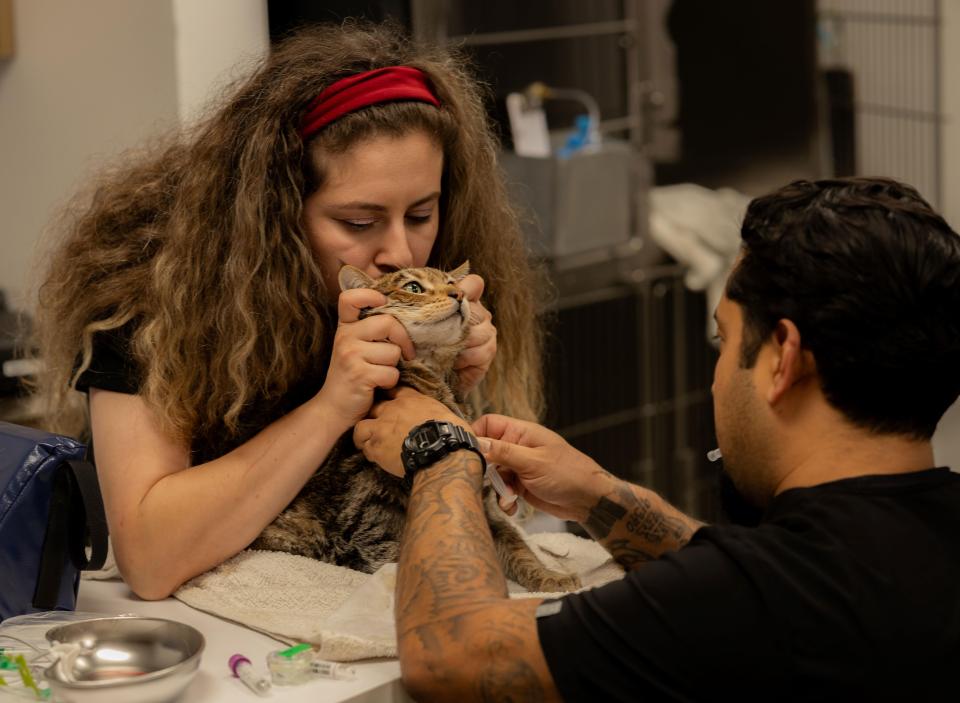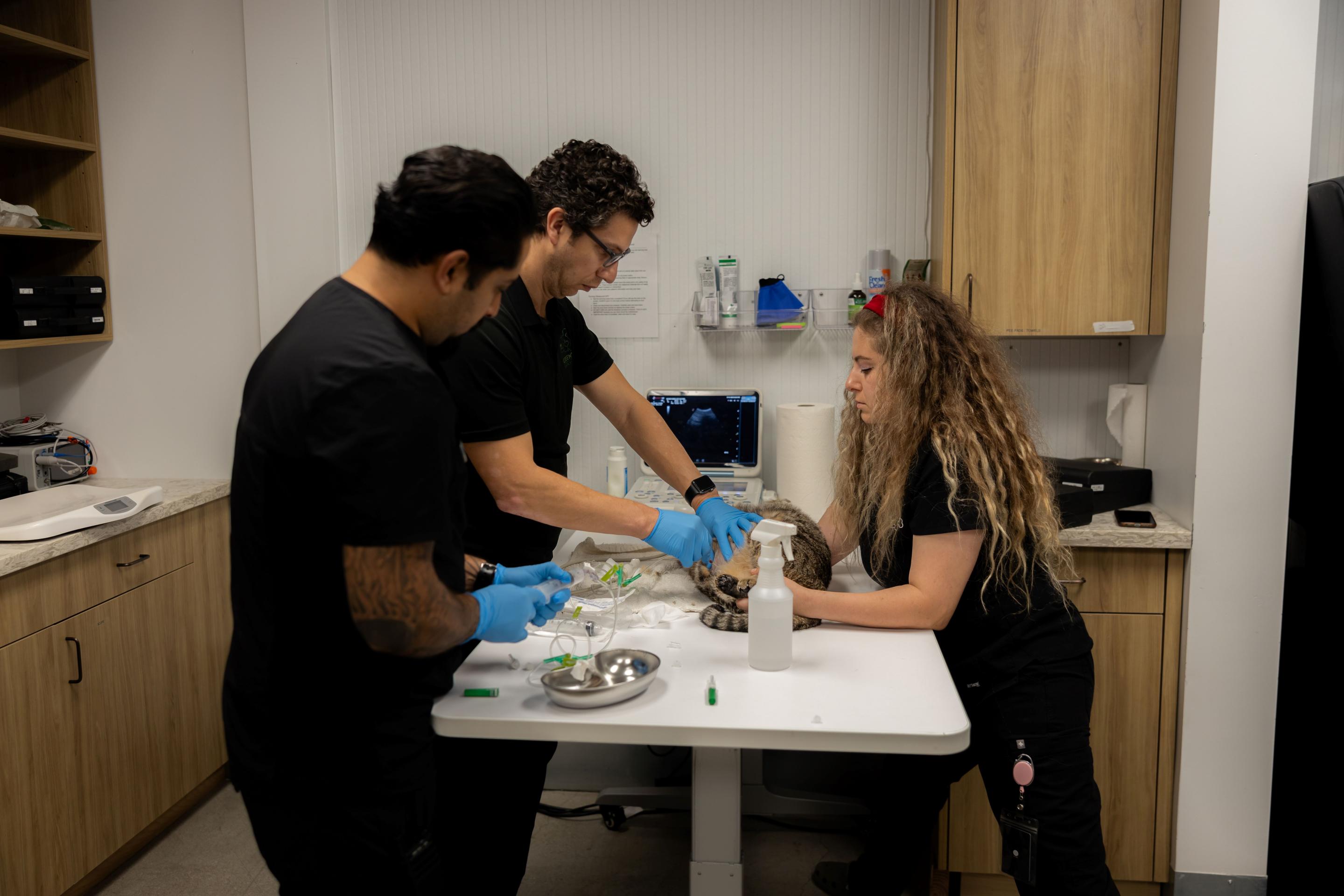
Lab Work and Your Cat's Health
What is Lab Work for Cats?
Lab work for cats mainly involves blood tests and urine samples to assess organ function, thyroid levels, electrolytes, and urinary tract health. It offers a baseline understanding of a cat's well-being and can indicate abnormalities in organ function or infections.
Why is Baseline Lab Work Important?
Baseline lab work is vital as a starting point for assessing your cat's health over time and for monitoring the effects of medications. It can flag conditions before they become critical, allowing for early intervention.
When is Lab Work Recommended?
Lab work is advised for various scenarios, including vomiting, weight loss, GI issues, or procedures requiring anesthesia. Regular lab work is essential for senior cats, who are at higher risk for diseases like kidney failure and hyperthyroidism.
What Can Lab Work Detect?
Common conditions that can be detected through lab work include kidney disease, hyperthyroidism, urinary tract infections, and diabetes. Blood tests provide insights into organ function electrolyte levels and can flag signs of infections or inflammations.
Is Lab Work Sufficient for Diagnosis?
While lab work is a valuable diagnostic tool, it is not always definitive. Additional tests or imaging, like ultrasounds, may be required for a complete diagnosis.
Why is Early Detection Crucial?
Early diagnosis of health conditions allows for prompt treatment and lifestyle adjustments, leading to better management and outcomes for your cat.
How is Lab Work Performed, and is it Safe?
Blood is typically drawn from a cat's limb using a needle. The process is minimally invasive, and precautions are taken to minimize stress and ensure the cat's safety during the procedure.
Follow-up Lab Work:
Annual checks are recommended to monitor your cat's health changes. More frequent tests may be required depending on the diagnosis and treatment plan.
